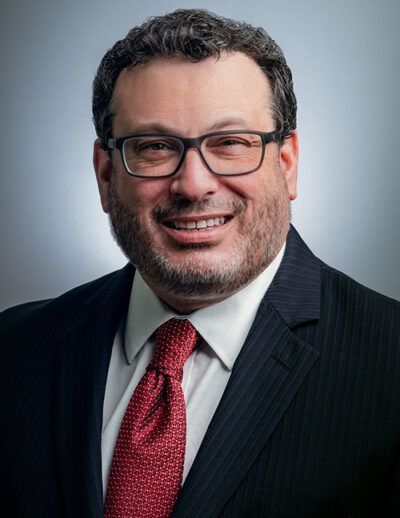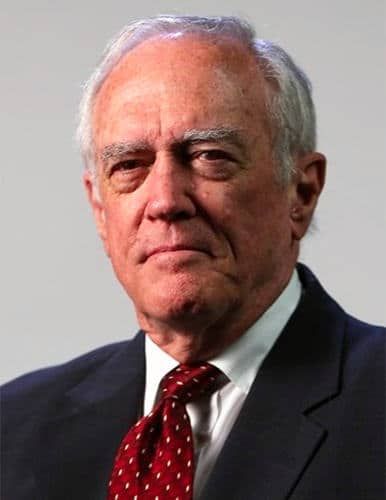Florida Probate
Attorney Services
Work with a Florida probate attorney who brings authentic, hands-on experience and expertise. For over 35 years, Walser Law Firm has exclusively concentrated on estate planning, probate, trust administration, and elder law. Our professional team has accrued invaluable knowledge to help you navigate every step of the probate and trust administration process.
Our experienced Palm Beach probate attorney and trust administration lawyers handle every case with compassionate insight and unparalleled legal guidance. We understand your trust is your legacy and take every step to ensure benefits are distributed correctly.
Working with Your Boca Raton Probate Attorney
Step 1: Schedule Your Free Consultation Today
Walser Law Firm offers a free consultation so we can obtain the specific details regarding your case to begin the probate process.
Step 2 - Draft and File Pleadings
Since all probate filings are completed electronically, everything can be handled virtually. Walser Law Firm also offers a convenient virtual Notary for documents requiring a Notary signature.
Step 3 - Open the Estate and Appointment as Personal Representative
We will submit the proposed Orders for judicial review ASAP upon receipt of a case number and approval of all filed pleadings.
Probate vs. Trust Administration
The main difference between trust administration and probate is that trust administration is not court-supervised. When a person dies, leaving a valid trust, a trust administration must carry out wishes according to provisions outlined in the trust document. For those setting up or managing a special needs trust, our trust administration team can provide the guidance you need.
Probate
Probate is the legal process through which a deceased person’s estate is properly distributed to heirs and designated beneficiaries, in addition to any debt owed being paid off to creditors. In this case, a personal representative, usually a trusted family member or a close friend, administers an estate.
Also called an executor in many states, the personal representative is tasked with numerous duties to transfer property from the decedent’s estate to the heirs. In addition, the personal representative must ensure taxes and creditors are paid before assets are distributed to beneficiaries.
Florida Probate Administration
Also called an executor in many states, the personal representative is tasked with numerous duties to transfer property from the decedent’s estate to the heirs. In addition, the personal representative must ensure taxes and creditors are paid before assets are distributed to beneficiaries.
The Duties of a Personal Representative
The duties you undertake as a personal representative include the following:
- Opening the estate upon appointment by the court
- Gathering and valuing your loved one’s assets
- Filing an inventory of assets
- Publishing notice to creditors of your loved one’s death
- Paying viable debts owed by your loved one
- Filing your loved one’s final tax return
- Paying state and federal taxes, including estate taxes
- Closing accounts, such as Social Security, health insurance, and phone service
- Distributing remaining property according to the will’s provisions
- Closing the estate
Types of Probate Administration
Estates may be administered through various processes, depending upon specific factors. Your loved one’s estate may be probated through:
- Formal Administration
Most estates require formal administration, which involves close supervision by the probate court during each phase. Even if not necessary, you may choose formal administration under certain circumstances.
- Summary Administration
The estate may be eligible for this expedited form of probate if the estate is worth $75,000 or less and debts are already paid off. However, the summary process imposes liability on heirs for up to two years from the date of the decedent’s death.
- Ancillary Administration
An estate administered in another state that includes property in Florida is subject to ancillary administration to deal with the Florida assets properly.
Trust Administration
Your loved one may also have created an inter-vivos trust during their lifetime or a testamentary trust through their will. The person or institution named as trustee is responsible for administering this document. We help you to effectively carry out your duties as a personal representative or trustee.
The main difference between trust administration and probate is that trust administration is not court-supervised. When a person dies, leaving a valid trust, a trust administration becomes necessary to carry out the wishes according to provisions outlined in the trust document.
The Duties of a Trustee
Our experienced Florida trust attorney team provides legal guidance to successor trustees who must administer an estate. Probate is generally not required if the decedent has a properly drafted and funded trust. Nonetheless, the successor trustee must take certain steps to administer the trust.
These steps include:
- Contacting beneficiaries and keeping them informed
- Gathering and investing the trust maker’s assets
- Notifying potential creditors
- Paying debts
- Filing tax returns and,
- Distributing assets and/or income to beneficiaries in conformity with the trust’s provisions
Our Team
Walser Law Firm is ready to work on your behalf, from wills and trusts to probate and trust administration to Medicaid planning.
Our experienced team of attorneys is here to help you navigate your estate plan and the Florida probate process, with a wide range of expertise and specialty service provisions that cover all of you and your family’s legal needs as you age.
Send Us a Message
WE PROMISE TIMELY SERVICES AND QUICK RESPONSES
Learn More About Probate and Trust Administration from Our Florida Probate Attorneys
Walser Law Firm can help you open an estate in any of the 67 counties located in Florida. Call our Florida probate attorneys at 561.750.1040 or email us to schedule a consultation to discuss your options to proceed with your loved ones’ probate administration.



